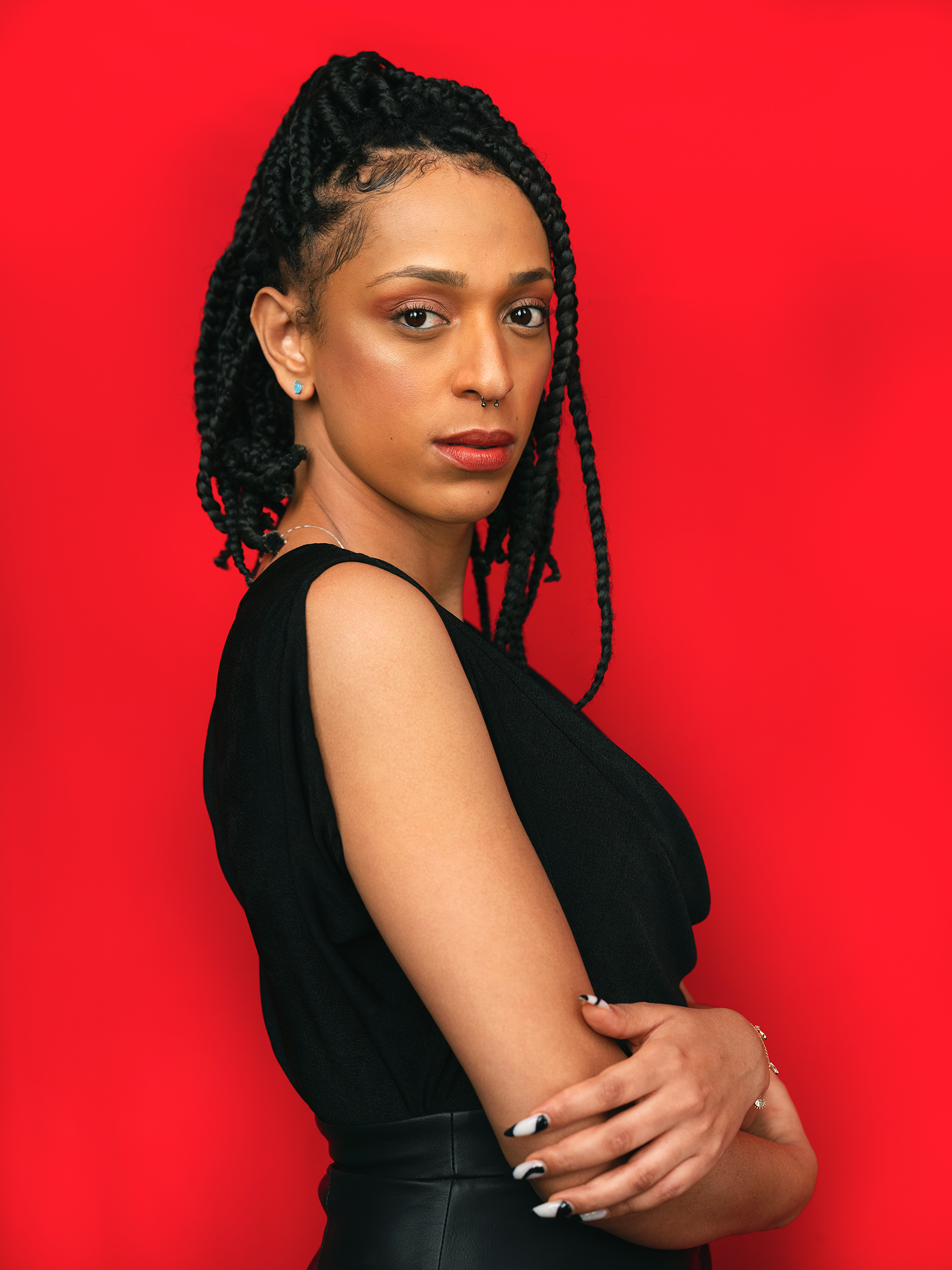Talking to Erika Hilton is like attending your own private rally. Hilton, who last November became the first trans woman elected to the city council in São Paulo, speaks loudly and rhythmically, the words tumbling out so quickly that you think she might lose track. But she never does; each sentence builds to an inspiring crescendo, whether she’s talking about anti-Black discrimination or happy memories of childhood. “I’ve always been like that,” she says, laughing and shrugging her shoulders over Zoom. “As a kid, it caused me problems sometimes. People told me to speak slower, speak quieter. But it’s how I communicate.”

Hilton, 27, says her propulsive style came from growing up with “very strong women” in a working-class neighborhood on the edge of the city of 22 million—the largest in South America. But she doubled down on it at age 14, when her family, having become deeply involved in the evangelical church, kicked her out for expressing her gender identity. She lived on the streets for six years and survived through sex work. “I think after the experience of violence, abandonment—in the street,” she says, “my voice became even stronger, because I felt I had to assert myself even more.”
Hilton became a more prominent activist for trans rights in 2015 after a private bus company refused to let her use her chosen name on a ticket. In 2018, she successfully ran on a joint candidacy with eight others for a seat on São Paulo’s state legislature. She then left to run for city council in 2020, winning more votes than any other woman candidate in the country.
Read more: Brazil’s Restrictive New Social Media Rules Could Be an Omen For the Future of the Internet
In March, she was named president of the city council’s human-rights commission, a role she hopes to use to increase focus on racism and LGBTQ rights. But she says she has experienced resistance “to my name and the political project I represent” from other officials.
Hilton’s arrival on the front line of politics has coincided with a dangerous time for her community in Brazil. In 2020, murders of trans women surged by 45%, with Black women making up two-thirds of the victims. Activists say the rising violence is part of a cultural backlash after the 2018 election of the far-right President Jair Bolsonaro, who has repeatedly made transphobic, homophobic and racist comments.
Hilton has received death threats, and has had to change her daily routine and lifestyle to keep herself safe. “Even with all this fear, I understand that my presence, as a young Black trans woman from the margins, in the halls of power is also a response to this moment, a demonstration that the social bases are not taking the attacks we’ve experienced lying down.”
Hilton’s leftist party has asked her to run for a seat in Brazil’s chamber of deputies, the lower house of congress, next October—when the Brazilian left is also hoping to stop Bolsonaro from winning a second term. As Hilton looks to the future, she says she’s thinking a lot about the past. “I get strength from looking back at figures in history, to my ancestors,” she says. “Because I know they must also have been really scared, but they didn’t let fear paralyze them. If you get paralyzed you can’t get where you need to go.”
More Must-Reads from TIME
- Cybersecurity Experts Are Sounding the Alarm on DOGE
- Meet the 2025 Women of the Year
- The Harsh Truth About Disability Inclusion
- Why Do More Young Adults Have Cancer?
- Colman Domingo Leads With Radical Love
- How to Get Better at Doing Things Alone
- Michelle Zauner Stares Down the Darkness
Write to Ciara Nugent at ciara.nugent@time.com